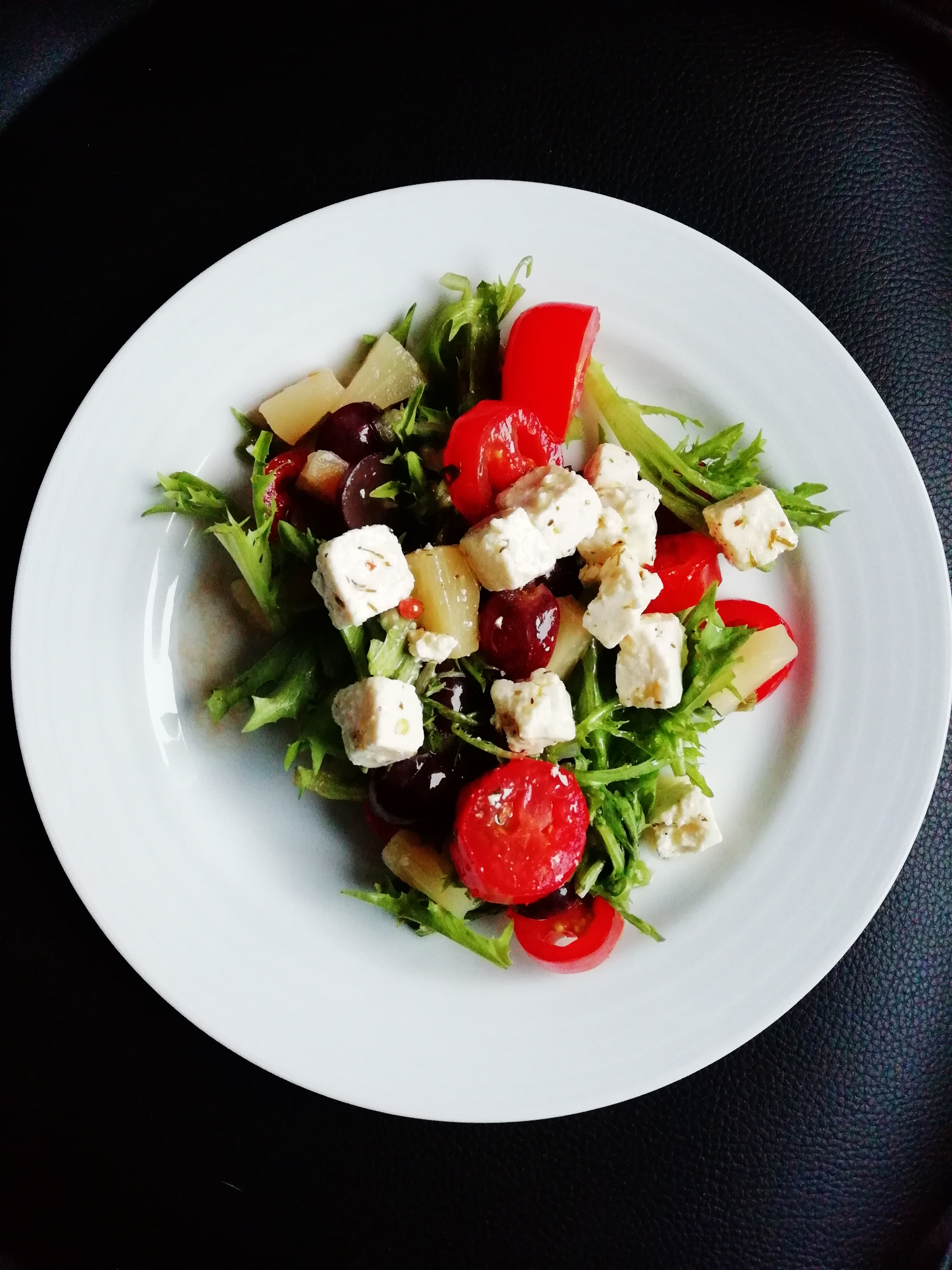ALBAWABA - If you feel like going on a diet, it might be hard to pick which one to follow as there are many different types of diets, and finding the right one for you might be hard. However, if possibly having a longer life span sounds good to you, you should consider a Mediterranean diet.
A certain from Harvard University linked the Mediterranean diet to longer life span expectancy. You might be asking, how does that diet do that? Well, Those who follow a Mediterranean diet have a greater probability of possessing longer telomeres, which are located at the ends of chromosomes to prevent them from deteriorating.
Telomeres tend to shrink after every cell division process until they can no longer safeguard the chromosomes. Thus, longer telomeres signify a higher chance of living for an extended period.
What is a Mediterranean diet?
It's a diet that focuses on plant-based foods and healthy fats. If you follow it, you will mostly eat veggies, fruits, and whole grains with olive oil being the main source of fat.
Research shows the Mediterranean Diet can lower your risk of cardiovascular disease, cancer, and many other chronic conditions. You won't be eating meat or sweet foods, which can be hard to let go of for some, but the benefits of this diet would be worth it for those who can let go.
What does a Mediterranean Diet look like?

Photo by Iina Luoto - Pexels
There is no definitive version of the Mediterranean diet as it varies depending on one and their preferences. Nevertheless, it generally entails plenty of whole grains, veggies, and fruits, along with moderate quantities of legumes, nuts, and fish, while reducing the intake of red meat and processed foods.
In addition, this diet is characterized for having a balanced intake of carbohydrates, protein, and healthy fats, allowing for a varied and satisfying diet for the people that follow it.
Other benefits of this diet
This diet has many benefits besides giving you a longer life span, just to name a few:
- Reducing the likelihood of developing cardiovascular disease.
- Decreasing the chances of experiencing metabolic syndromes.
- Delaying brain function deterioration related to aging.
- Reducing the risk of certain types of cancer.
How to switch to a Mediterranean diet?

Photo by Ella Olsson - Pexels
Maybe after reading this article, you started considering making the switch to a Mediterranean diet, but you are unsure how to start. It's not easy to switch from certain eating habits to another in just a day after all.
An easy way to start is by maybe using olive oil rather than vegetable oil in your cooking. Another way to transition to the Mediterranean diet is by gradually adding more whole grains, fruits, and vegetables to your meals while reducing the amount of processed foods and sugary drinks you take where you can. You can also consume healthy fats like avocados, nuts, and seeds as a snack.
Incorporating herbs and spices such as basil, rosemary, and garlic can also add flavor to your dishes while reducing your salt intake is also considered a good step to pivot into the Mediterranean diet.
There is no harm in trying out this diet for a bit to see if it works well for you or not, and it's totally okay if you end up choosing another diet, as long as you choose what works best for you. It's just important to know that you have options.









